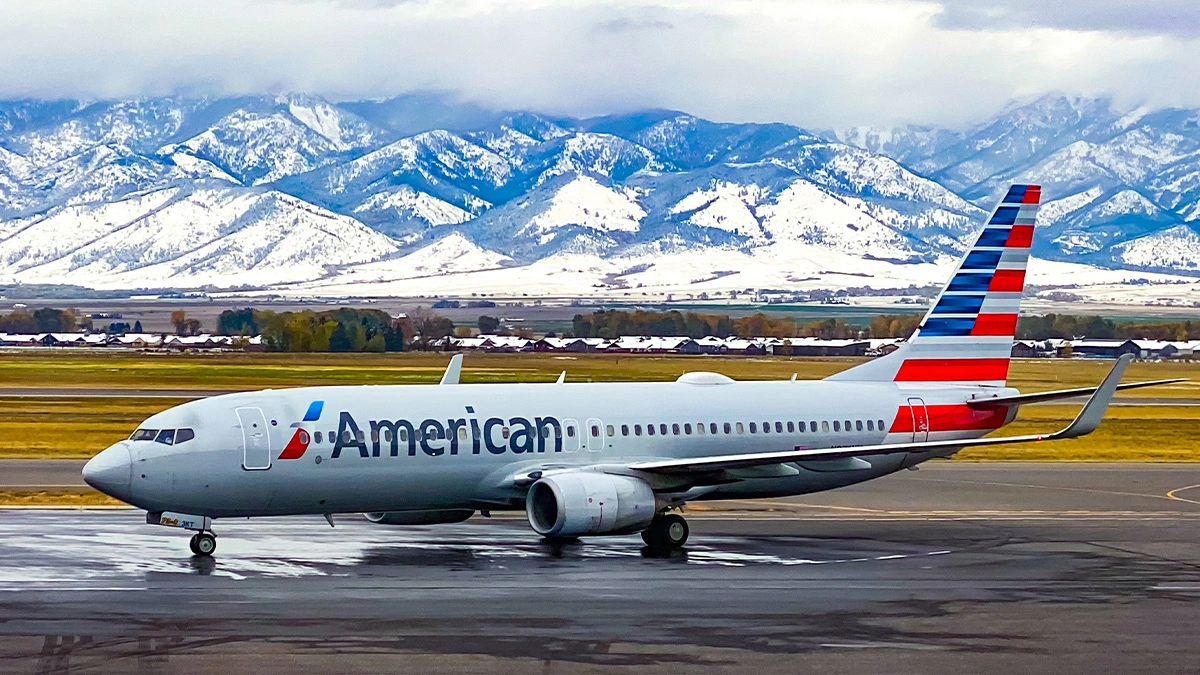American Airlines CEO Slams AI Pricing: How It Affects You
Robert Isom, the CEO of American Airlines, is drawing a line in the sand when it comes to AI airfare pricing. In a recent interview, Isom voiced strong concerns about the growing use of artificial intelligence to dynamically price airline tickets, saying plainly: “Customers don’t like it.” His comments follow industry-wide experiments with AI-driven pricing models—most notably at Delta—which some fear could lead to inconsistent and unfair ticket costs for travelers.
While AI continues to reshape nearly every corner of the airline industry, American’s top executive is signaling a different approach: one centered on transparency, consistency, and customer trust.
Key Takeaways
American Airlines CEO Robert Isom sharply criticized competitors using dynamic AI airfare pricing, calling it “not appropriate” and akin to “bait and switch.”
Delta is currently testing AI-based pricing on ~3% of its domestic network and plans to scale to 20% by year-end.
American Airlines runs AI internally for operations—like flight disruption recovery—not for fare setting.
Why the AI Airfare Pricing Controversy Matters
If you’re a frequent flyer, airline pricing is already complex—but when companies introduce AI to dynamically set fares, things get murkier. Isom stressed that American won’t use AI airfare pricing to tailor prices to individual travelers. Consumers should be able to book with trust, not fear of a hidden markup.
Delta’s program, described as a “super‑analyst,” adjusts prices a small portion of its network using AI. The technology is still experimental, but industry watchers and U.S. lawmakers have raised concerns over transparency and fairness.
How American Airlines is Using AI Instead
American is not foregoing AI entirely—it’s just deploying it in different ways:
Their internal fleet tool, called HEAT (Hub Efficiency Analytics Tool), is used to reroute planes and crews in the event of weather disruptions or delays.
According to Isom, these operational AI applications improve service reliability, not pricing manipulation.
What This Means for Flyers
Travelers booking with American Airlines can expect fairer pricing transparency:
No manipulative AI-based fare surges or individualized price hikes.
Pricing tied to supply and demand—not hidden computations based on customer data.
Meanwhile, Delta’s AI-powered pricing prototypes—and the political scrutiny it faces—signal a broader shift in airline economics that travelers should monitor closely.
Final Word: Trust Matters in Travel
Robert Isom’s comments underscore a growing tension between technology and trust. Travelers deserve fare systems that are predictable, reliable, and fair—not opaque, algorithm-driven guesswork. As AI expands in the airline industry, keep an eye on how it’s used: it should enhance operations—not exploit customers.
Related Article: Delta’s AI Fare Model Is Already Here—What You Need to Know — Learn how Delta is using artificial intelligence to dynamically adjust ticket prices and what that means for consumers.









Comments are closed